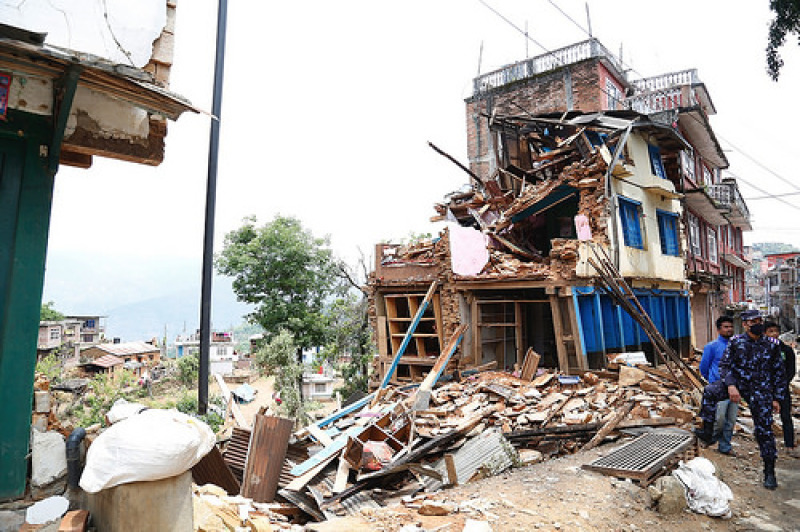

The earthquake that hit Nepal in April and May of this year spurred politicians to act on the drafting of a new constitution.
A new constitution is being drafted in Nepal, which Christians and Muslims are criticizing for including a clause that prohibits religious conversion and sharing of one's faith.
In April 2008, the 240-year-old Hindu absolutist monarchy in Nepal was abolished and Nepal became a secular republic. The first Constituent Assembly (CA), elected in 2008, was in charge of drafting a new constitution, but failed to do so until the earthquakes in April and May 2015 prompted immediate action from politicians. The initial draft was presented to the public on June 30, 2015.
The drafted constitution includes a clause that states, "No one shall behave, act, or undertake activities that breach public order or break public peace/peace in the community; and no one shall attempt to change or convert someone from one religion to another, or disturb/jeopardise the religion of others, and such acts/activities shall be punishable by law."
Anyone who violates this clause-- trying to preach or persuade others to convert to another religion-- could get up to five years in prison and be presented with a fine of 50,000 Nepali rupees, according to Article 160 of the proposed constitution.
Religious minorities, like Christians and Muslims, express concern about the implications of this clause on their religious freedom.
Lokmani Dhakal, a Christian in Nepal's Constituent Assembly, asked, "Without freedom to speak about one's faith, what is the meaning of religious freedom?" addressing Christian leaders at a conference in Kathmandu on July 6.
The clause jeopardizes "two internationally guaranteed fundamental rights of every individual: firstly the right to enjoy full freedom of expression, and secondly the right to follow a religion of his or her own choice and to manifest that religion in word and action," states Christian Solidarity Worldwide (CSW) in a statement. "If such restrictions on conversion were to be enshrined in the final version of the constitution, religious freedom for all Nepalis would be severely curtailed."
CSW reports that Nepal's pro-Hindu Rastriya Prajatantra Party-Nepal (RPP-N) has raised accusations of mass forced conversions by Christians and is pushing for the implementation for anti-conversion laws to any other religion than Hinduism and Buddhism and for Nepal to declare itself a Hindu nation. The government agreed to the party's demands for the bans on religious conversions on July 3.
"Christianity is not recognized as a religion here unlike Hinduism, Buddhism, or Islam," Father Silas Bogati, vicar general, said to Catholic News Service.
Christians make up for less than 2% of the Hindu-majority population of 28 million people.


















